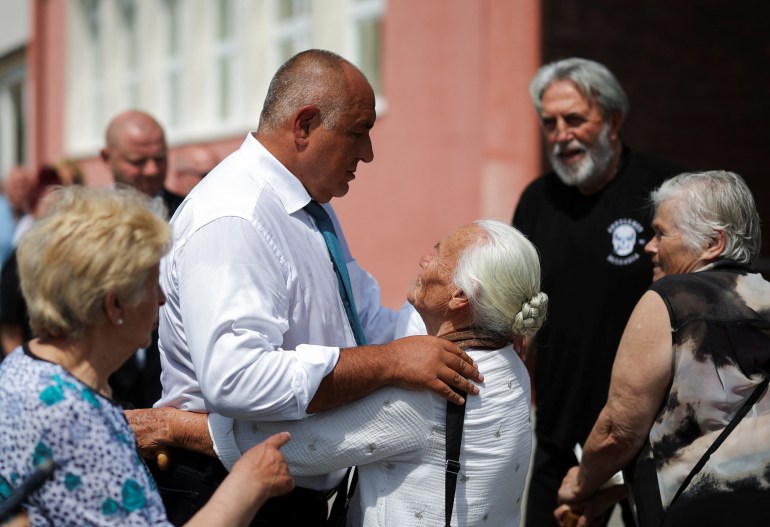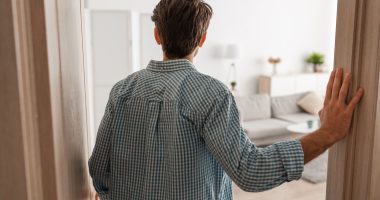Bulgaria’s sixth vote in three years delivers yet another fragmented parliament.
The centre-right Citizens for European Development of Bulgaria (GERB) party is on course to win the most votes in Bulgaria’s snap election, but it will need at least two coalition partners to form a government.
With 64 percent of votes from Sunday’s election counted, GERB enjoyed a strong lead, having won 23.65 percent of the vote. That illustrated that the results of Bulgaria’s sixth election in three years were unlikely to put an end to the political instability that has plagued the country in recent years.
The Movement for Rights and Freedom (MRF), mainly representing Bulgaria’s large ethnic Turkish minority, with 15.89 percent of the votes and pro-Western bloc We Continue the Change (PP), with 15.08 percent, were neck-and-neck for second place. The ultranationalist Revival party stood on 14.33 percent.
That leaves GERB to try to put together a government that can implement much-needed reforms to anchor the country more deeply in the European Union. The vote was triggered by the collapse in March of a coalition comprising GERB and the PP that lasted just nine months amid arguments over judiciary reforms among others.
“No one achieves success without acknowledging the help of others. We are confident and acknowledge this help with gratitude. Thank you, GERB! Thank you to all of you who supported us!” Borissov wrote on his Facebook page after exit polls came out.

Borissov led the country for more than a decade before losing power in 2021 amid massive anticorruption protests. That has left the country beset by political instability, with fragile coalition governments consistently failing.
Previous governments have been unable “to keep a coalition together, let alone address issues such as the economic and demographic crisis”, points out Al Jazeera’s Um-e-Kulsoom Sharif.
That has seen mistrust and fatigue grow. The turnout for Sunday’s election was the lowest since the end of communism, with only 30 percent of people voting.
“We are weary of elections, and we want some stability and some prosperity for the country,” Margarita Semerdzhieva, a 72-year-old pensioner, told the AFP news agency outside a polling station in the capital Sofia.
Sunday’s vote was also being held alongside elections for Bulgaria’s representatives for the European Parliament, in which GERB also won the most support.
Read More: World News | Entertainment News | Celeb News
Aljazera






